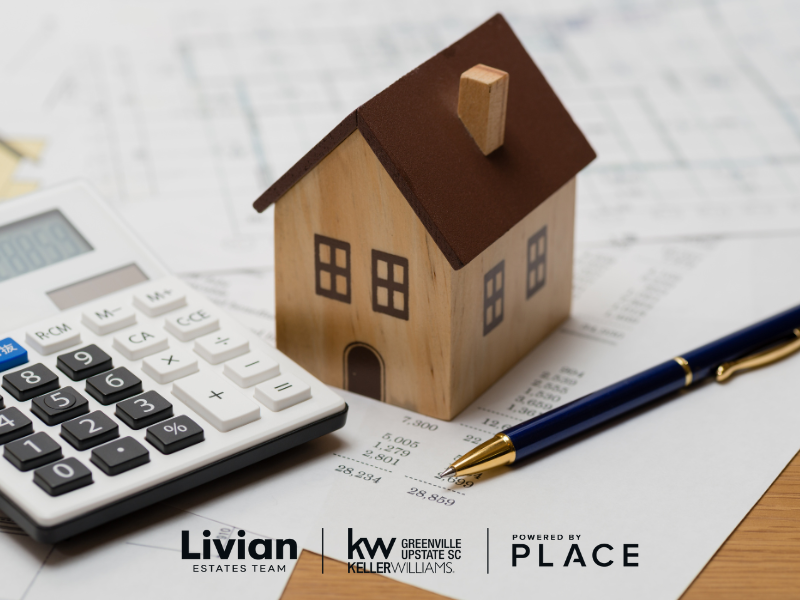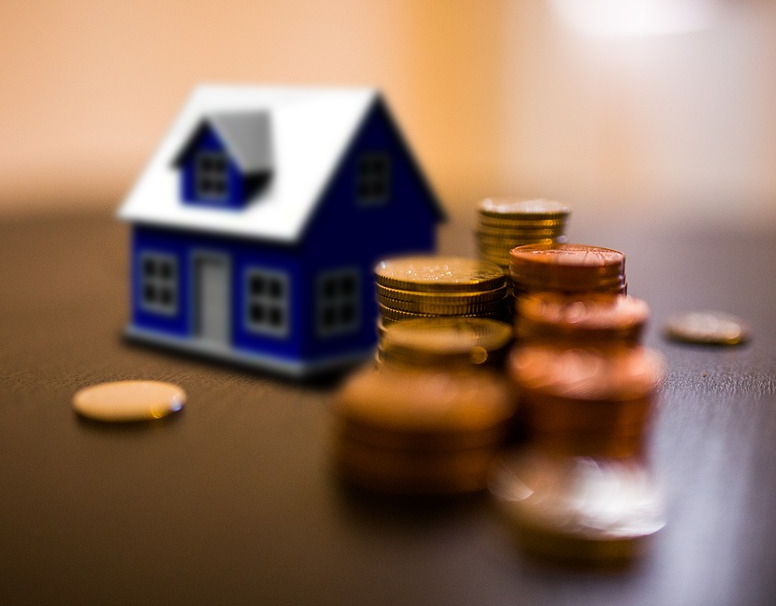Categories
Home BuyingPublished June 20, 2025
Cost of Homeownership: What You Need to Know Before You Buy

Buying a home is a big milestone, and it often starts with one question: “Can I afford it?” You probably already know you’ll have a monthly mortgage, but that’s only one piece of the puzzle. There are several other costs, both upfront and ongoing, that can affect your budget.
If you’re preparing to buy your first or next home, it helps to understand the full picture of homeownership costs. Let’s walk through what you need to plan for so you can feel confident in your next move.
What Are the Upfront Costs?
Before you even move in, there are one-time costs you’ll need to pay. These can add up quickly, so it’s smart to plan ahead.
-
Down payment: This is usually between 3% and 20% of the purchase price, depending on your loan type.
-
Closing costs: These cover loan processing, title work, and other fees. Expect to spend 2% to 5% of the home’s price.
-
Home inspection and appraisal: Inspections typically cost a few hundred dollars, but they’re important. They help you understand the condition of the home before you commit.
Let’s say you’re buying a $300,000 home. You may need $9,000 for a 3% down payment and another $6,000 to $9,000 in closing costs. That’s $15,000 or more upfront—not including moving or furniture.
What Costs Go Beyond the Mortgage?
Your mortgage is just the start. There are regular expenses that come with owning a home. Here are a few to keep in mind:
-
Property taxes: These vary by location and are usually included in your monthly mortgage payment.
-
Homeowners insurance: Lenders require this, and it protects your home from things like fire or storm damage.
-
Private mortgage insurance (PMI): If your down payment is less than 20%, this gets added to your monthly cost.
-
HOA fees: If your home is in a neighborhood with shared amenities, you may owe monthly or yearly dues.
For example, if your mortgage payment is $1,600, you could be paying an extra $300 to $600 each month for taxes, insurance, and other fees.
What Ongoing Costs Surprise New Homeowners?
Owning a home means you’re now responsible for everything. That includes regular upkeep and unexpected repairs.
-
Maintenance: Plan to spend about 1% to 2% of your home’s value each year. That covers things like HVAC servicing, pest control, gutter cleaning, and landscaping.
-
Repairs: At some point, the water heater or roof will need attention. These aren’t monthly costs, but they do come up.
-
Utilities: Your bills may go up, especially if you’re moving into a larger space. Heating, cooling, water, internet, and electricity all add up.
-
Appliances and furniture: You may need to buy a washer and dryer or replace an old stove.
A new homeowner might find themselves spending $200 a month on average for these extra costs. Some months will be less, some much more if something breaks.
What Might You Spend in the First Year?
Let’s walk through a basic example.
You buy a $275,000 home.
-
Down payment (5%): $13,750
-
Closing costs (3%): $8,250
-
Initial repairs, furniture, and appliances: $5,000
-
Maintenance and surprise repairs: $2,500
-
Monthly expenses (mortgage, taxes, insurance): $1,800 × 12 = $21,600
First-year total: Around $51,100
You might not need all of that upfront, but this gives you a sense of what to expect. Planning ahead makes all the difference.

How Do You Build a Realistic Budget?
Start with what you can comfortably afford each month, not what the lender says you can borrow. Use this to guide your home search.
Factor into your budget the following:
-
Your mortgage payment
-
Estimated taxes and insurance
-
HOA dues, if applicable
-
$100–$200 per month for maintenance and repairs
-
Utility bills and home services (internet, trash, etc.)
Don’t forget about savings. Keep a cushion for emergencies, especially in the first year when surprises are more likely.
It helps to use an online home affordability calculator or sit down with your lender to break down your numbers.
Final Thoughts
Owning a home is rewarding, but it comes with real responsibilities. Being prepared helps you enjoy the experience without stress.
Build a budget that includes more than the mortgage. Leave room for the things that make a house feel like home, without stretching your finances thin.
Before you start shopping, take a close look at your numbers. You’ll feel more confident, and you’ll be in a stronger position when it’s time to make an offer.





